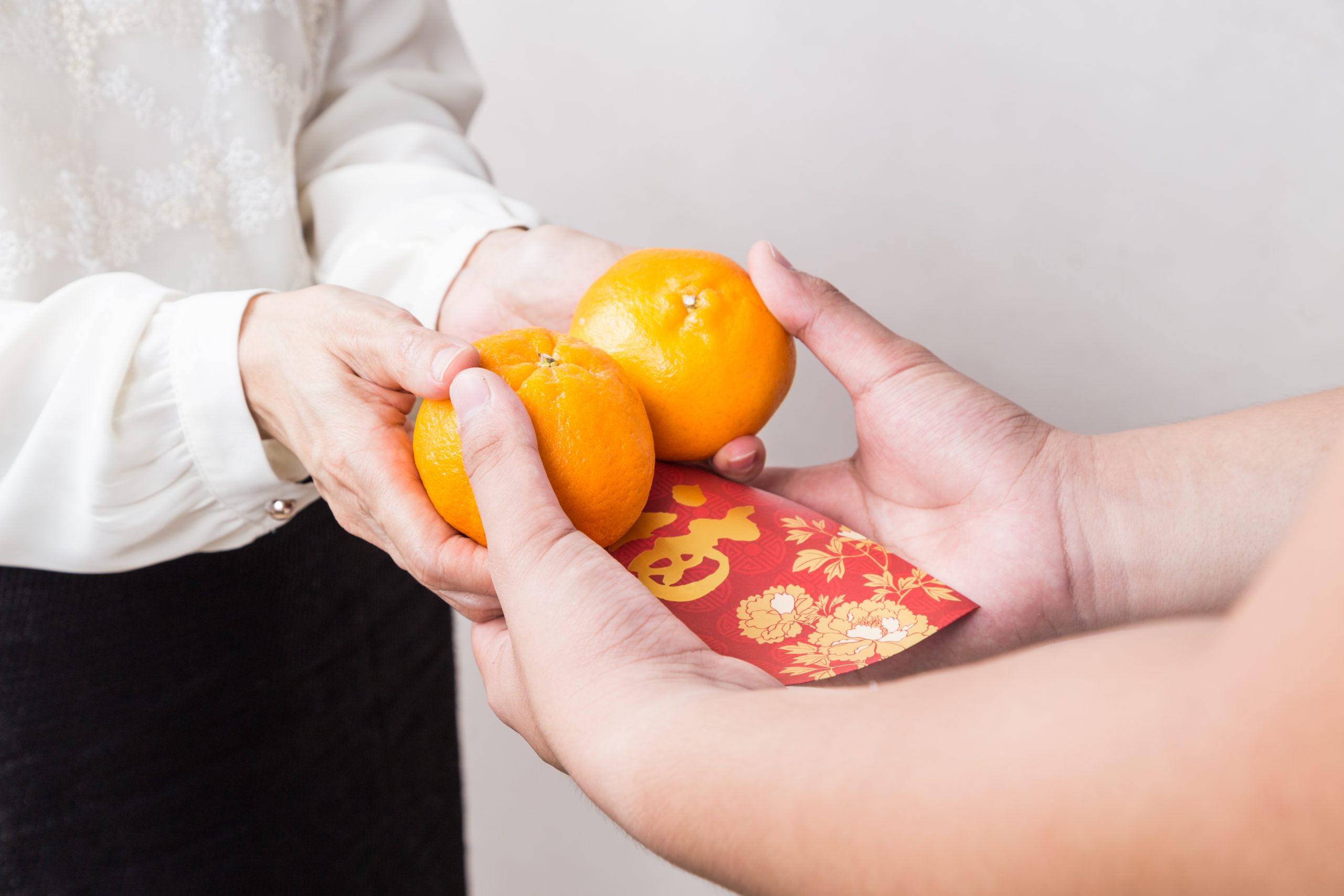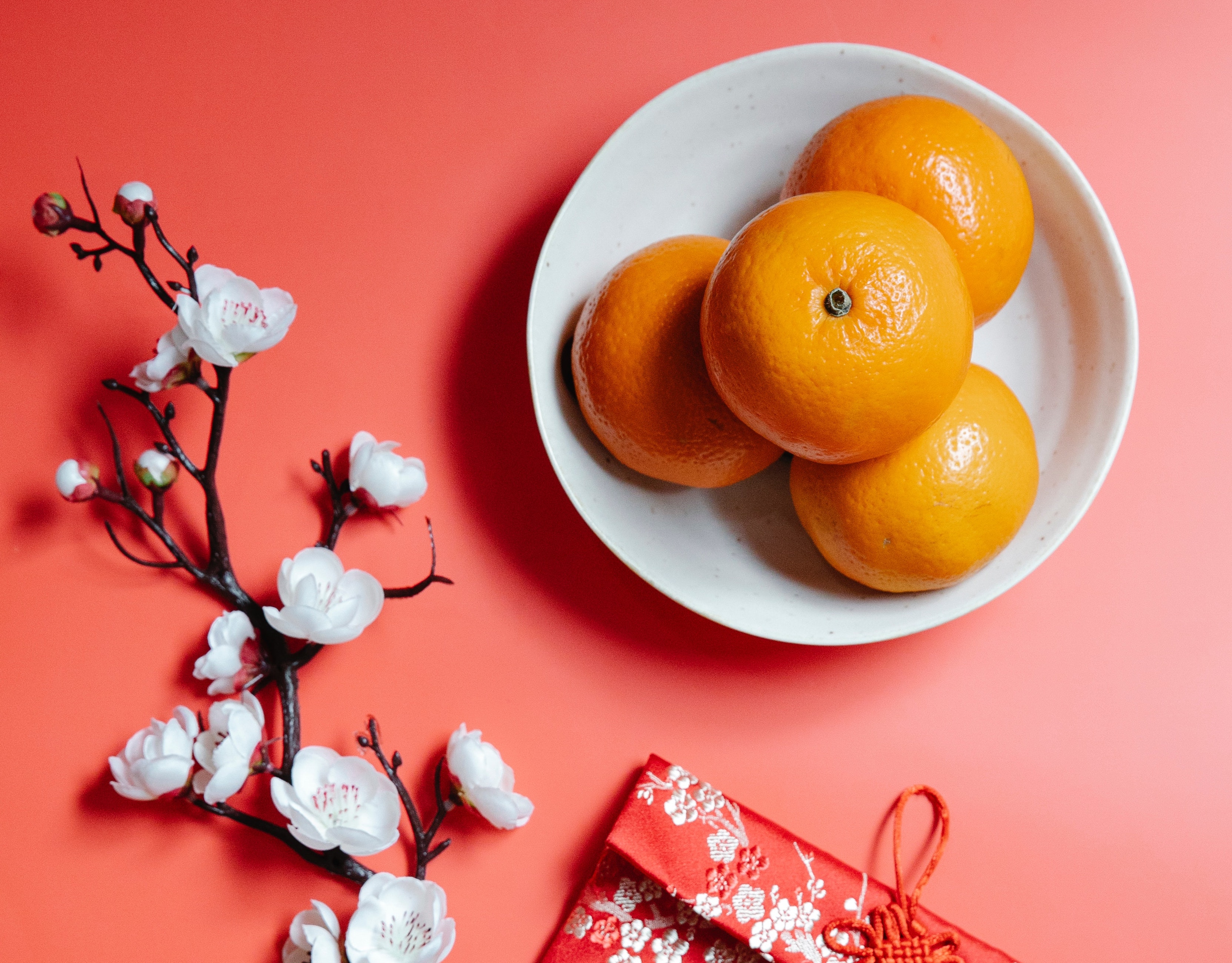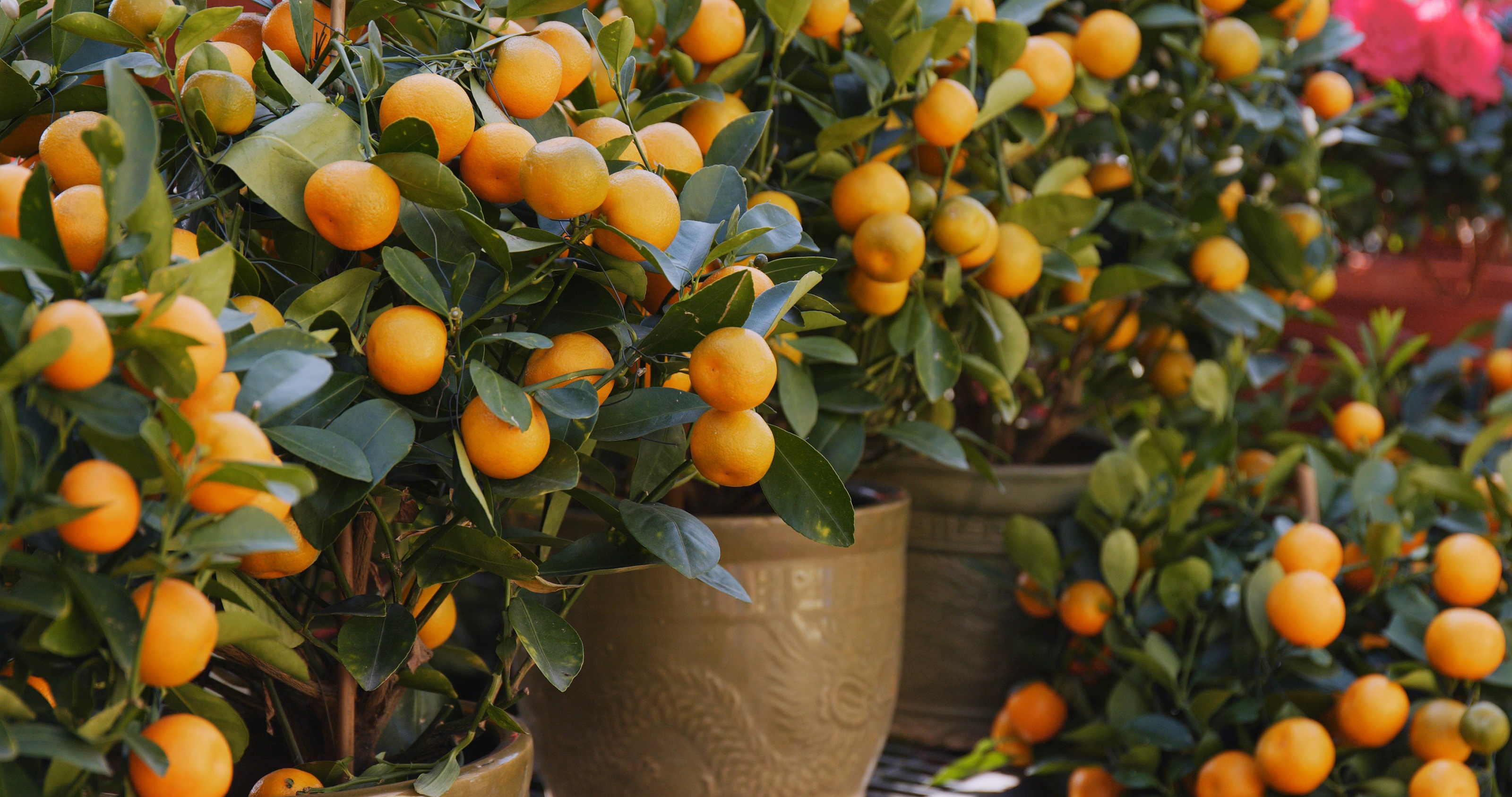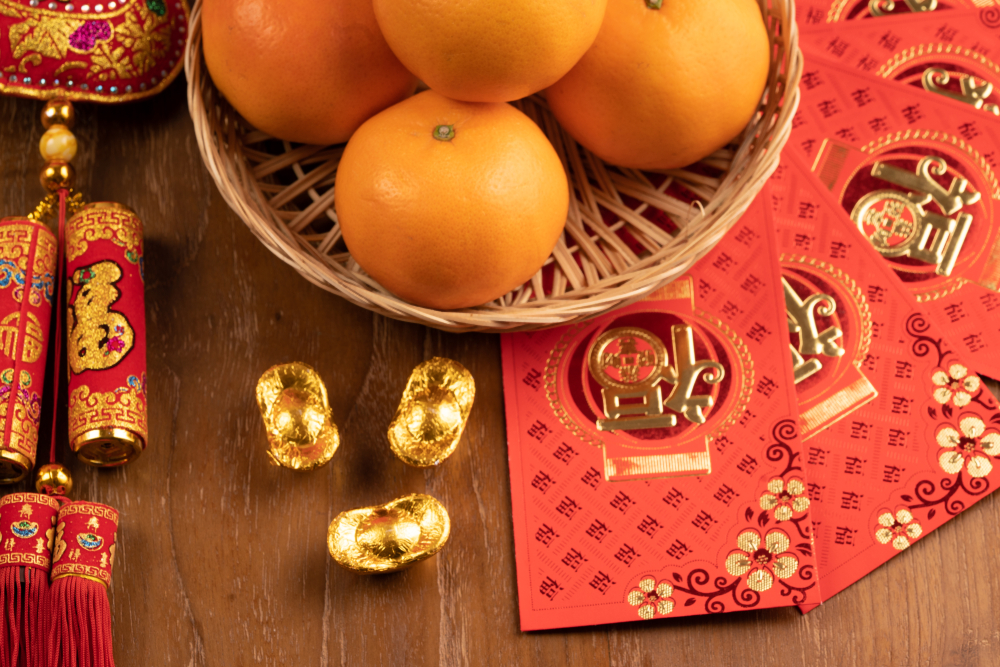Here's The Real Reason Why Mandarin Oranges Are Used As A Symbol For Chinese New Year
Xīn nián kuài lè!
Chinese New Year is a time for family, food, and a whole lotta fun.
But do we really know the true meaning of this cultural celebration, or is it just another holiday mark on our calendars?
Almost like clockwork, striding into the Lunar New Year sees multiple avenues of Chinese culture and heritage bloom around town. From decorative lanterns and a splatter of red across everything and anything, professionally conducted Lion Dances and handing out ang pows, this festive season in Malaysia is one many look forward to.
Among the many symbolic features carved out to usher in the New Year include the provision of ever plump and sweet mandarin oranges.
Feasted on unquestionably, we can expect mandarin oranges to be one of the primary snacks we have at home, at school, or even in open houses we visit for the season.
But despite their voluminous figure and delicious extract, there aren't many people outside the Chinese culture who truly understand the emblematic importance of these mandarin oranges.
Putting a rest to the discourse once and for all — why are mandarin oranges used as key feature in the celebration of Chinese New Year?
Just like plenty of other proverbial nuances denoted from the Chinese culture, the inclusion of oranges as a new year staple comes down to simple wordplay
Adding some historical context to the origin, mandarin oranges were cultivated as an antiquity in China, highly valued and often presented as a tribute to visitors of the imperial court.
During the reign of the Han Dynasty (221-206BC), there was even an official who was allotted a job to present oranges in the royal court, known as the minister of oranges.
For the word itself, mandarin oranges are referred to as gat zi (桔子) in Cantonese, as stated by Hong Kong publication Zolima CityMag.
Using simple wordplay, a theme commonly practised within Chinese culture, the pronunciation of the first Cantonese letter for mandarin oranges, gat (桔), bears similarity to another word spelt in the same manner with a different pronunciation, gat (吉), which means auspiciousness.
Replacing each of the first characters interchangeably, mandarin oranges are seen to carry the connotation of bringing good luck.
It is also of traditional significance for those of an older generation to give mandarin oranges to those younger than them, primarily children, and families and friends, as a means to bring them luck when visiting one another.
Alternatively, the translation of the word in the Mandarin dialect also relates to oranges being particularly prosperous for Chinese New Year
Wittingly intertwining words once again, the term typically used for mandarin orange, júzi (橘子), bears a striking resemblance to the same word for gold, jīnzi ((金子).
The orange hue of the citrus fruit also acts as a symbol of physical similarity to gold, amplifying it to be a sacred fruit for the season.
Additionally, the popularity of kumquat trees being widely displayed during the festival lends itself to this theory, as the Mandarin character for kumquat, jīn jú (金橘) is akin to the word for gold as well.
Similar to its Cantonese counterpart mentioned earlier, giving mandarin oranges to your loved ones during Chinese New Year is also representative of wishing someone happiness and prosperity for the year to come — of 'literally' giving them wealth.





